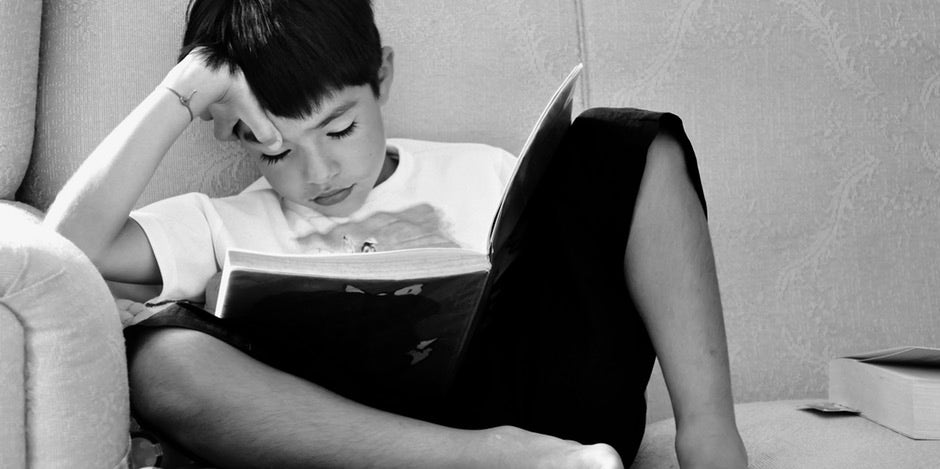An Alarming Number Of Kids Have Suicidal Thoughts — Could Yours Be One Of Them?
A look what's causing this scary trend.
 Pexels
Pexels When film producer Zack Snyder stepped down from the Justice League to focus on and support his family after his daughter committed suicide in March, my heart broke for him and his family.
At the same time, I was thankful that he decided to share his very personal pain with the public to shed light on a killer that is hurting families nationwide — without showing any signs of slowing down.
A report presented at the 2017 Pediatric Academic Societies Meeting on child suicide trends cites disturbing news:
- The number of children thinking about suicide and taking action to attempt killing themselves has more than doubled this past decade.
- Thoughts that children have about killing themselves drops significantly in the month of July.
- The number of children considering killing themselves or at least wondering whether or not suicide is an option to their pain increases at the beginning of the school year.
- Girls are more likely to think about suicide than boys.
- Boys who think about suicide are more likely to carry their attempt out successfully.
The Centers for Disease and Prevention (CDC) tells us that "Suicide is the third-leading cause of death for 15- to 24-year-olds after accidents and homicide."
In an interview with CNN on the rising number of children being hospitalized with suicidal thoughts or actions, David Palmiter, a professor of psychology at Marywood University in Scranton, Pennsylvania stated:
"Approximately 20 percent to a third of the kids who need [mental health] care get it, but the large share don't. And those who do get care usually they have had to suffer for a few years before they get it, and often, the care is not necessarily evidence-based."
Knowing when or how to afford the help your child needs can be confusing.
The cost of mental health isn't cheap, and for some parents, the cost might make mental health care for depression a luxury item that isn't affordable.
But there are also environmental and social factors that make things confusing.
If your child is being bullied at school, you might not know until a complaint is made to the school administration. By then, a child might already be deep into their belief that suicide is the only way out.
Although the data aren't in fully on what causes young people to get depressed enough to think about killing themselves, here are three concerns we can identify from the lives lost by suicide in the past year:
1. Fat-shaming.
Texas teen Branda Vela, 18, committed suicide in front of her family after being bullied for her weight in school.
Vela told the school administrators that she was being bullied online by users with fake profiles. She was told by the school to change her number. Instead, she decided the pain was too great to face another day.
2. Personality-shaming.
While attending a Staten Island private Catholic school, Daniel Fitzpatrick, 13, committed suicide when school bullies labeled him as weird and refused to speak to him.
He wrote in his suicide note, “The teachers, either, they didn’t do ANYTHING!”
3. Height-shaming.
His parents were familiar with their son's bullying problem and had relocated to Florida to escape the bullying he received while attending school in New York.
Attorney Matt Morgan, who represents the family, shared that the child's short stature was due to health problems. "This made him an easy target for cruel and mean-spirited bullies."
It's important for parents to learn how to recognize the signs of depression in their child. But it's also important for families to recognize that reporting a bullying problem to the school administration or local police does not address the emotional impact it has on a child. It's just a starting point.
You must continue to talk to your child and find out what's going on in their life, and then actively work with teachers and other authority figures to follow up and make sure that they are doing all they can to help with the situation.
Families can help the children who are thinking about taking their lives and addressing the depression caused by bullying with help from mental health professionals, too.
If you or someone you love is contemplating suicide, you can get confidential help. Call the National Suicide Prevention Lifeline at 1-800-273-8255 or click here.

